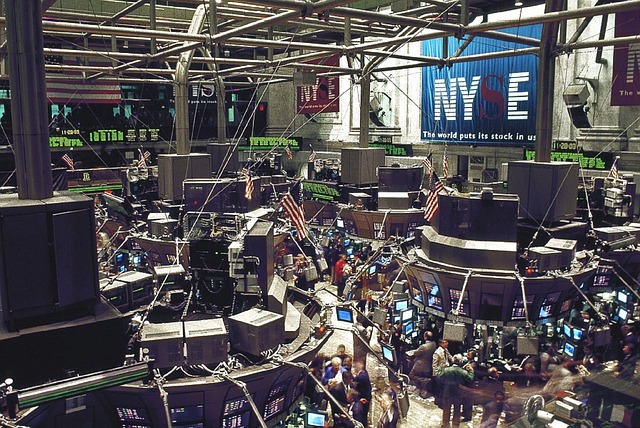Swissquote Bank: Risk-off; equities down, treasuries and USD up. UK GDP slumps 20.4%
Swissquote Bank: Risk-off; equities down, treasuries and USD up. UK GDP slumps 20.4%

By Ipek Ozkardeskaya, Senior Analyst at Swissquote Bank
US equities recorded the worst single-day sell-off since April on rising fears that a second wave of Covid-10 contagion would push the economies to shut down again. The Dow Jones slumped 6.90%, as Nasdaq erased 5.27% respectively at the close. The S&P500 (-5.89%) hit the critical 3000 support. Airlines, banks, energy and even technology stocks were heavily hit.
The US dollar recovered, as the US treasuries gained on the back of increased capital inflows towards safe haven assets. The US 10-year yield slipped below 0.70%.
US Treasury Secretary Mnuchin said the economy should remain open in case of a renewed surge in cases, but the absence of confinement measures could have more severe medium to long-term implications for the public health and the economy. Therefore, it is not sure that such decision would boost the market sentiment.
Meanwhile, the weekly jobless claims in the US rose 1.5 million last week, reminding investors that the recovery we have seen in equity prices so far was meaningfully decoupled from the reality.
Equities in Asia followed up on US losses, but the sell-off slowed into the afternoon session. The Nikkei was 0.80% down after recovering a 3% slump at the open amid the industrial production fell 9.8% in April, more than analyst expectations. Hang Seng (-1.30%) and Shanghai’s Composite (-0.38%) edged lower, as the Australian ASX 200 (-2.00%) and the Korean Kospi (-2.35%) were among the most severely.
US futures rebounded more than 1% in the overnight trading session on expectation that the latest acceleration in new Covid-19 cases in the US may not necessarily mean that the second wave is knocking on the door. Hence, we could see some dip-buying in S&P500 near the 3000 level.
But activity in European futures hint at further weakness before the weekly closing bell. A renewed slump in energy and financial stocks could drag the FTSE 100 below the 6000p mark for the first time in three weeks.
WTI crude slipped below $35 per barrel as oil investors scaled back their expectation of improved demand on rising risk of a renewed halt in global economic activity. The barrel of WTI found buyers near the 100-day moving average ($34.70). The trajectory of oil will depend on news and developments regarding the resurge in Covid-19 cases. A confirmed second wave should have another smashing effect on oil prices and send the price of a barrel tumbling to $20, again.
Curiously, gold remains capped by a rock-solid resistance prior to the $1750 per oz. Failure to gain momentum on the back of an extended sell-off in global equities should point at an exhausted upside potential and pull the price of an ounce back to $1670/1650 area.
The EURUSD fell below the 1.13 mark on improved US appetite. Thursday’s Eurogroup meeting remained inconclusive about the European Council’s latest proposal of a 750-billion-euro recovery fund. Countries must come up with a decision before July 9. But the longer the talks, the higher the anxiety that the ambitious joint stimulus package may never see the daylight. Due today, the European industrial production data will likely confirm a 20% slump in activity in April and the urge of agreeing on a fiscal aid package as soon as possible. Weak economic data, the lack of encouraging development on the fiscal leg and a firmer US dollar will likely encourage a deeper downside correction in EURUSD which is showing signs of fatigue. The next technical supports are seen at 1.1260, the minor 23.6% retracement since the April rebound, and 1.1160, the major 38.2% retracement which should distinguish between the actual positive trend and a mid-term bearish reversal.
Cable, on the other hand, is giving back gains quickly, as the mix of a broadly bought US dollar and a rising case for a no-deal Brexit encourage a move in sterling parallel to the medium-term negative outlook. Meanwhile, the economic data released this morning confirmed that the British economy has been battered heavier than expected by the Covid-19 crisis. The GDP slumped 20.4% m-o-m versus a 18.6% decline penciled in by analysts, the industrial production tumbled more than 20% in April. We expect a deeper downside correction to 1.2465/1.2400 area, the 100 and 50-day moving averages, respectively.









